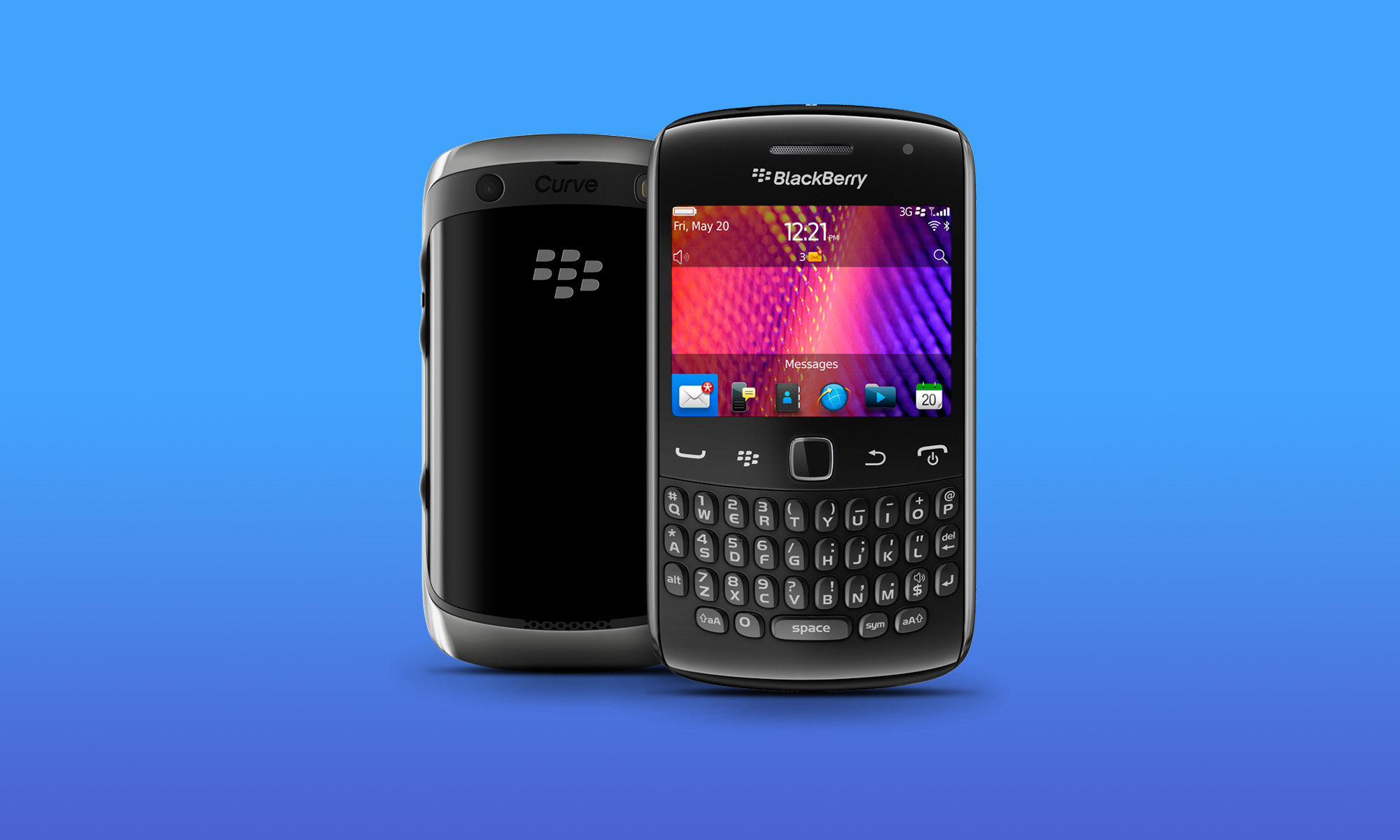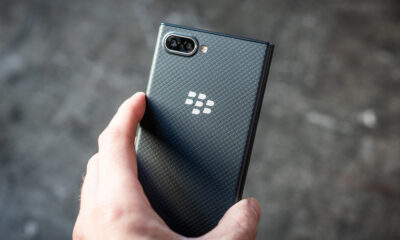News
BlackBerry Has Officially Pulled The Plug On Older Devices
The company is pulling the plug because it has been focusing exclusively on delivering enterprise software and services to enterprises and governments.

Long gone are the days when BlackBerry smartphones dominated the world of business with their characteristic QWERTY keyboards that made it possible for managers to bombard employees with text messages and emails at a much faster rate than phones with the old-school keypad allowed.
Now, older BlackBerry devices have turned from unused to unusable because the legacy services for BlackBerry 7.1 OS and earlier, BlackBerry 10 software, BlackBerry PlayBook OS 2.1 and earlier versions are no longer available from January 4, 2022.
“As of this date, devices running these legacy services and software through either carrier or Wi-Fi connections will no longer reliably function, including for data, phone calls, SMS, and 9-1-1 functionality” stated the company in their announcement.
The company is pulling the plug because it has been focusing exclusively on delivering enterprise software and services to enterprises and governments since it discontinued its BlackBerry line in 2016 and changed its name from Research In Motion (RIM) to BlackBerry Limited.
The last mobile phone operating system released by RIM is BlackBerry 10, which became available in 2013 and reached its last version (10.3.3.3216) on April 4, 2018. Since then, Chinese electronics giant TCL released several BlackBerry-branded phones, but their reception was lukewarm at best.
Also Read: How To Enable WhatsApp Disappearing Messages For All Chats
In August 2020, the BlackBerry brand changed hands again when it was picked up by OnwardMobility, a US-based company in the mobile security space. The company announced a new BlackBerry 5G smartphone with a physical keyboard, but it has already missed the advertised release date of 2021 by a few days, and there’s no indication that the smartphone will hit the shelves any time soon.
Indeed, it’s possible that OnwardMobility has realized that the demand for a smartphone with a physical keyboard simply isn’t there anymore because most consumers have gotten used to typing on increasingly intelligent virtual keyboards on their 6-inch and larger smartphone displays.
News
Rabbit Expands Hyperlocal Delivery Service In Saudi Arabia
The e-commerce startup is aiming to tap into the Kingdom’s underdeveloped e-grocery sector with a tech-first, locally rooted strategy.

Rabbit, an Egyptian-born hyperlocal e-commerce startup, is expanding into the Saudi Arabian market, setting its sights on delivering 20 million items across major cities by 2026.
The company, founded in 2021, is already operational in the Kingdom, with its regional headquarters now open in Riyadh and an established network of strategically located fulfillment centers — commonly known as “dark stores” — across the capital.
The timing is strategic: Saudi Arabia’s online grocery transactions currently sit at 1.3%, notably behind the UAE (5.3%) and the United States (4.8%). With the Kingdom’s food and grocery market estimated at $60 billion, even a modest increase in online adoption could create a multi-billion-dollar opportunity.
Rabbit also sees a clear alignment between its business goals and Saudi Arabia’s Vision 2030, which aims to boost retail sector innovation, support small and medium-sized enterprises, attract foreign investment, and develop a robust digital economy.
The company’s e-commerce model is based on speed and efficiency. Delivery of anything from groceries and snacks to cosmetics and household staples is promised in 20 minutes or less, facilitated by a tightly optimized logistics system — a crucial component in a sector where profit margins and delivery expectations are razor-thin.
Despite the challenges, Rabbit has already found its stride in Egypt. In just over three years, the app has been used by 1.4 million customers to deliver more than 40 million items. Revenue has surged, growing more than eightfold in the past two years alone.
Also Read: Top E-Commerce Websites In The Middle East In 2025
CEO and Co-Founder Ahmad Yousry commented: “We are delighted to announce Rabbit’s expansion into the Kingdom. We pride ourselves on being a hyperlocal company, bringing our bleeding-edge tech and experience to transform the grocery shopping experience for Saudi households, and delivering the best products – especially local favorites, in just 20 minutes”.
The company’s growth strategy avoids the pitfalls of over-reliance on aggressive discounting. Instead, Rabbit leans on operational efficiency, customer retention, and smart scaling. The approach is paying off, having already attracted major investment from the likes of Lorax Capital Partners, Global Ventures, Raed Ventures, and Beltone Venture Capital, alongside earlier investors such as Global Founders Capital, Goodwater Capital, and Hub71.






















